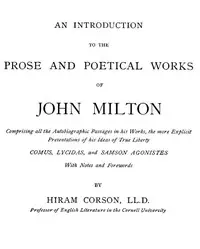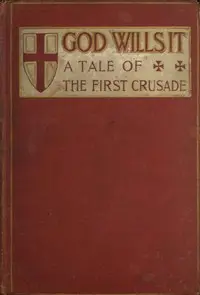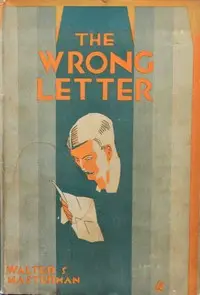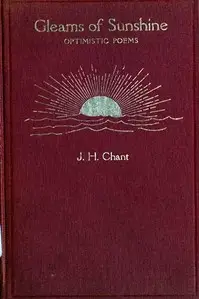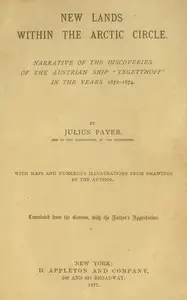"L'Allegro, Il Penseroso, Comus, and Lycidas" by John Milton is a collection of poetic works composed during the early 17th century. This book features four distinct pieces: "L'Allegro" and "Il Penseroso," which present contrasting moods of joy and melancholy; "Comus," a masque that explores themes of temptation and virtue; and "Lycidas," a pastoral elegy mourning the loss of a friend. The overarching topic addresses human experiences, emotions, and the divine interplay of fate, virtue, and mortality. In "L'Allegro," Milton celebrates the joys and pleasures of life, invoking a spirit of merriment and youthful vitality, while "Il Penseroso" explores the depths of contemplation, encouraging a reverence for wisdom and solemn reflection amid life's varied experiences. "Comus" unfolds in a dramatic narrative where a virtuous lady, lost in a dark wood, confronts the seductive enchantments of Comus, a symbol of vice, ultimately highlighting the power of chastity and virtue. Finally, "Lycidas" serves as a poignant tribute to Milton's deceased friend, contemplating the responsibilities and failings of the clergy, while expressing a hope for spiritual immortality. Together, these works offer a profound exploration of the dualities of life and human spirit, woven with rich imagery and rhetorical elegance characteristic of Milton's style. (This is an automatically generated summary.)
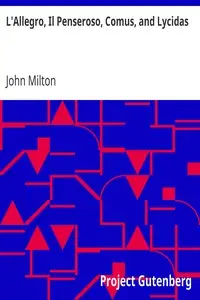
L'Allegro, Il Penseroso, Comus, and Lycidas
By John Milton
"L'Allegro, Il Penseroso, Comus, and Lycidas" by John Milton is a collection of poetic works composed during the early 17th century. This book feature...
John Milton was an English poet, polemicist, and civil servant. His 1667 epic poem Paradise Lost, written in blank verse and including twelve books, was written in a time of immense religious flux and political upheaval. It addressed the fall of man, including the temptation of Adam and Eve by the fallen angel Satan and God's expulsion of them from the Garden of Eden. Paradise Lost elevated Milton's reputation as one of history's greatest poets. He also served as a civil servant for the Commonwealth of England under its Council of State and later under Oliver Cromwell.


